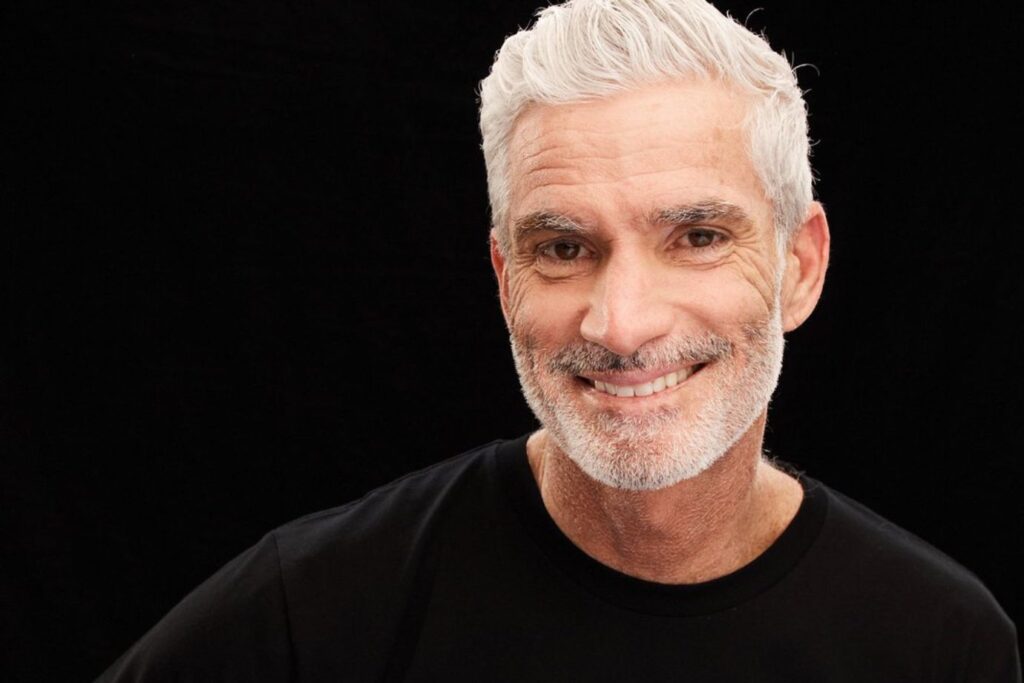Australian human rights activist and former Socceroo Craig Foster has apologised to Sam Kerr for making a “mistake” in his response to her racism charge in the UK.
Kerr, captain of the Matildas, is facing one criminal charge of aggravated racial harassment for calling a police officer a “stupid white bastard” in southwest London last January. She has pleaded not guilty to the offence, and her legal team will attempt to have the case thrown out next month.
As the news broke last week, Foster – who is known for his activism against racism in Australia, especially in Australian sports – made a statement on social media on Thursday afternoon, suggesting Kerr’s alleged comments to the police officer were “racist”.
“Racism exists between and among all communities,” Foster wrote in his original statement on Thursday.
“Interpersonal racism against a white person, though far less frequent in Australia and the UK, is still racism.
“If you want to condemn racism, and I hope you will, condemn it all and not only when it is safe or profitable for you to do so.”
Foster’s post received significant backlash, as hundreds of people took to the comments sharing their disappointment with his response.
By Sunday, Foster posted another statement on social media, appearing to have changed his stance on the issue.
“The alleged comments by Sam Kerr… reported widely this week have created an immensely important conversation that we are all learning from,” Foster wrote.
“Like many, I mistakenly thought that comments that referenced any colour and were discriminatory, demeaning or hostile were a form of racism. I apologise to Sam for that mistake.”
When Kerr’s comments directed at the British police officer – allegedly “stupid white bastard” – were reported in the media, many Australians were engaging in discussions about “reverse racism” and whether Kerr’s comments were indeed racist.
According to the Diversity Council of Australia, racism is defined as when “an individual or organisation with race-based societal power discriminates, excludes or disadvantages a racially based person because of their race, colour, descent, nationality, ethnicity, religion or immigrant status”.
As these conversations were covered in the media, Foster realised the “gaps in knowledge” about racism as an intersection of prejudice and power structures. It’s a knowledge gap Foster recognised he had himself.
“If you have been open enough to read, listen, research and change your understanding, I thank you,” he said.
“Those of us who aren’t from a minority background cannot possibly know how it feels to be told that we don’t belong, don’t speak the language, don’t look right, to ‘go back to where you came from’ or to have faced intergenerational racism.”
While Foster said he was “not at all surprised” to have made the error in his statement on Thursday, he welcomed the opportunity to learn and to “be more effective” in his advocacy.
“After all, I often tell people, ‘These conversations are challenging, just approach it in good faith, learn, correct mistakes and grow.’
“Now is my chance.”
Foster has been a member of the Diversity Council of Australia since 2018. He is known for his involvement in racism campaigns with the Australian Human Rights Commissions, including Racism: It stops with me and Racism Not Welcome.
Foster was awarded the 2023 NSW Australian of the Year for his work in human rights advocacy.


